Lessons from an obscure tumor
There are well-established paternal age effects in diseases less common than autism. A new paper in Nature Genetics explains how the effects might arise, and it involves a kind of tumor you’ve probably never heard of.
Rare or common, inherited or spontaneous, mutations form the core of autism risk.
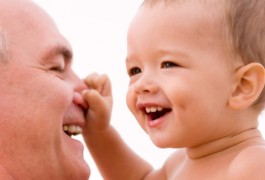
There are well-established paternal age effects in diseases less common than autism. A new paper in Nature Genetics explains how the effects might arise, and it involves a kind of tumor you’ve probably never heard of.
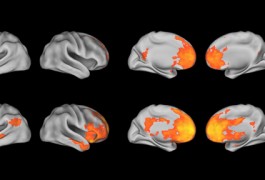
A pathway involved in language development is increasingly proving to be important in autism, suggest a series of new studies on cellular and behavioral aspects of the disorder.
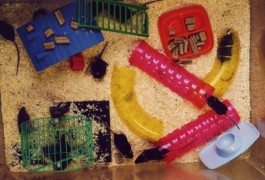
Giving mouse models of Rett syndrome access to toys, wheels and contact with other mice rescues motor skill and other deficits characteristic of the disorder, according to results presented in a poster session Wednesday at the Society for Neuroscience meeting in Chicago.
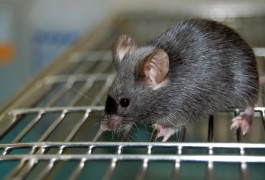
Mice lacking a gene located in the chromosomal region 22q13 — which has been linked to autism — have motor learning and social deficits reminiscent of the disorder, according to unpublished findings presented in a poster session yesterday at the Society for Neuroscience meeting in Chicago.
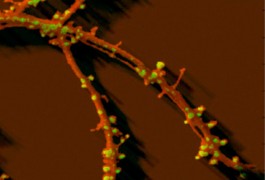
Young mice that mimic fragile X syndrome have immature and unstable dendritic spines, the neuronal branches that receive signals from other cells, according to unpublished research presented Tuesday at the Society for Neuroscience meeting in Chicago.
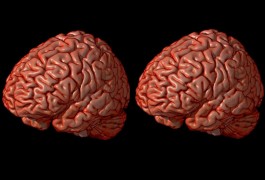
The brains of people with autism show high levels of inflammation compared with controls, suggests a study of postmortem brain tissue from 11 individuals with autism, presented at a poster session Monday at the Society for Neuroscience meeting in Chicago.
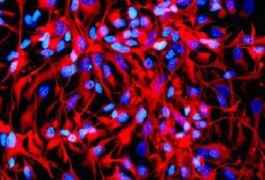
Selectively disrupting an autism-related gene in cultured human neurons causes a dramatic imbalance of excitation and inhibition in cell signaling, according to unpublished results presented today at the Society for Neuroscience meeting in Chicago.
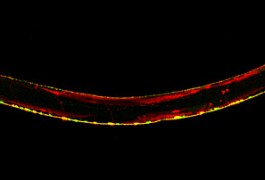
Deleting a neuronal protein associated with autism causes oxidative stress — characterized by an excess of free radicals — which has been linked to diseases such as diabetes and Alzheimer’s, according to new research in worms. The results were presented yesterday at a poster session at the Society for Neuroscience meeting in Chicago.
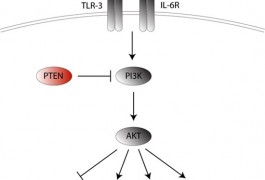
Mice carrying an autism-associated mutation show impaired social interactions and dramatic changes in brain size when their immune systems are activated, according to research presented yesterday at a poster session at the Society for Neuroscience meeting in Chicago.
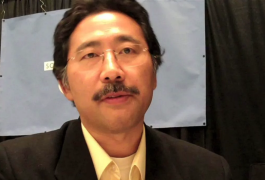
After a Monday afternoon poster session at the Society for Neuroscience meeting in Chicago, Noboru Hiroi talked about the challenges of following up human genetic findings in the mouse.